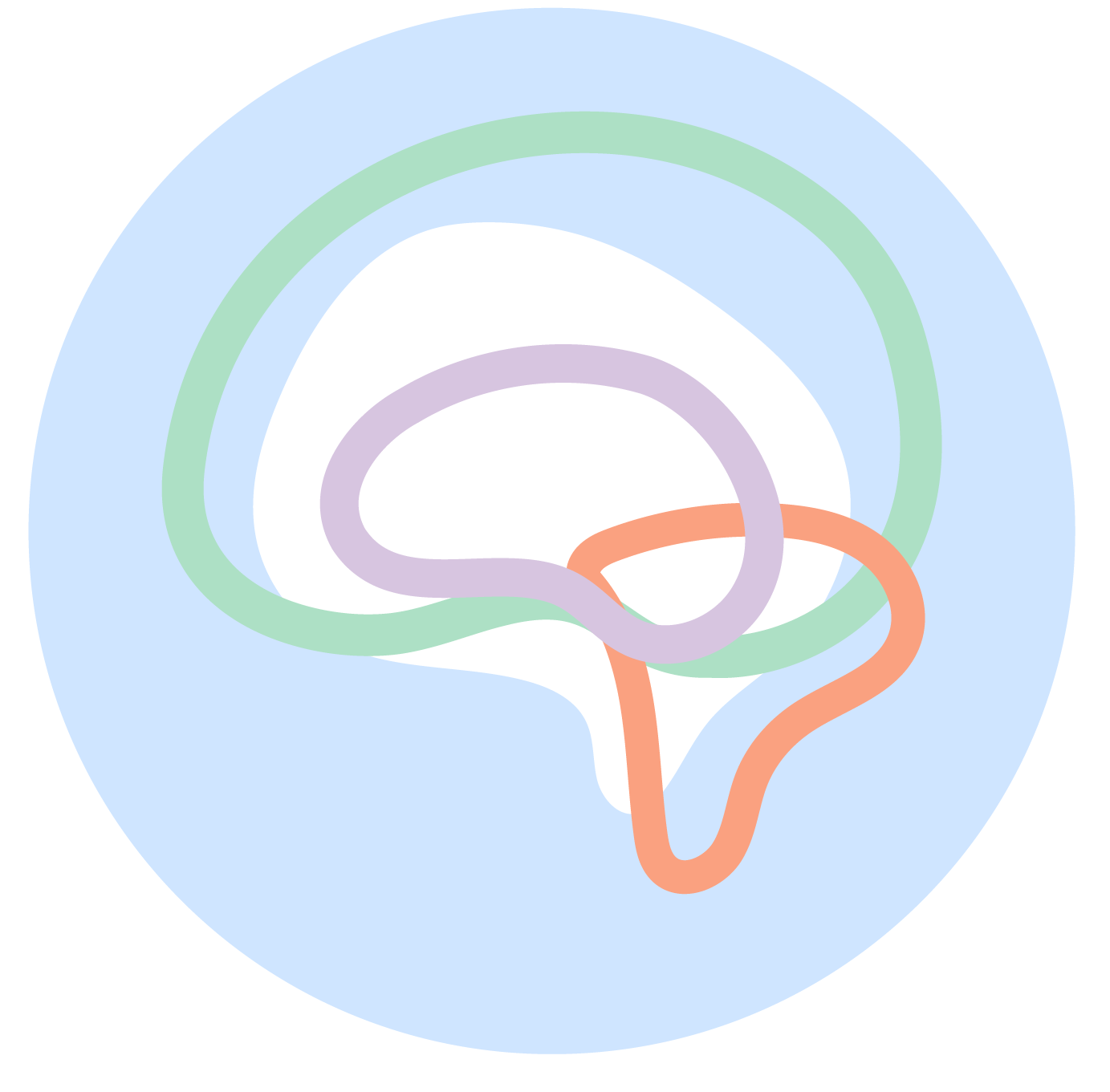Test and Performance Anxiety
How to get past the mental block and do your best on exams
This April is Stress Awareness Month and we want to shed light on some of the most stressful things that school-aged individuals (teens and young adults, in particular) typically face on a regular basis: tests and anxiety.
According to the National Alliance on Mental Illness:
Anxiety disorders are the most common mental health concern in the United States. An estimated 40 million adults in the U.S., or 18%, have an anxiety disorder. Approximately 8% of children and teenagers experience the negative impact of an anxiety disorder at school and at home. Most people develop symptoms of anxiety disorders before age 21 and women are 60% more likely to be diagnosed with an anxiety disorder than men.
Some people are just more prone to increased symptoms of anxiety due to a mixture of biology and environmental influences. Anxiety is not something that can completely go away. There are benefits to feeling anxiety, such as protection from harm or danger. But sometimes, our bodies and minds become confused and unable to turn off the “worry” part of our brain. What was once a helpful and life-preserving skill has become a barrier to daily activities and goals, like doing well on academic tests.
Because anxiety disorders usually start at a young age, we have a responsibility to teach children and youth a healthy way of addressing symptoms of overwhelm and stress when it occurs. What works for one person might not work for the next. The only solution is to have a multitude of coping strategies and skills at your command.
Helpful Test-taking Strategies
Here are some tried and true strategies that has helped others feel well-prepared prior to the actual test:
Take notes of your notes: A great memory-building strategy
Drawing it out: For visual learners, this helps encode and map out what you are learning about.
Associations: This could range from words to random things that remind you of the subject.
Mastery: Some people err on the side of over-learning rather than recognition. At times, this pays off handsomely. Others, not so much. Use with caution.
Test/quiz self: If you want to learn something whoheartedly, make flashcards and take tests to challenge your knowledge.
Exercise regularly: Various research studies suggest that in order to maintain optimal learning efficiency and improve one's memory while studying, exercise should be a part of the daily regimen. (see Effect of Relaxation or Exercise on Undergraduates' Test Anxiety)
Ways to Manage Test & Performance Anxiety
On the actual test date, here are some strategies that have been highly effective in calming others with test anxiety:
Arriving at the testing location at least 30 minutes ahead of time. Some people need about 30 minutes to transition from previous inactivity to a more demanding one, like a test or a job interview.
Make sure to eat a regular meal beforehand. Nothing too out of the ordinary in order to prevent any upset stomach.
Use the restroom prior to the actual event. This can also symbolize a personal ritual of cleansing and starting fresh.
In case this still doesn't work, try engaging in ujjayi breath or ocean breath. Mindfulness techniques are great for addressing anxious symptoms and thought patterns.
Positive self-talk is a must during test-taking situations. You cannot afford to talk down to yourself during these moments. If it helps, think about previous times you demonstrated success, did better than you expected, or calming self-affirmations. Positive and cheerleading statements help a ton!
It also helps to learn some test-taking strategies and implement them during the exam. For example, if you are finding a lot of difficult questions and are lingering much longer than expected, it is best that you take notice of what is happening in the moment. Stop for a moment and realize that you are panicking about being perfect or getting a good score, and fall back to the current moment. Once you gather yourself, help yourself some more by eliminating answers and selecting one possible answer before quickly moving on to the next item. In this way, you are relying more on your gut instinct and what you have studied tirelessly. If need be, come back to the questions after you have completed the whole exam to double check your work.
Request or bring your own noise-cancellation headphones or earplugs. This will help you tunnel down your focus and concentration if your test surroundings are unpredictable or loud.
Acknowledge what you know and don't know. Be honest with yourself, and don't feel embarrassed that you don't know everything. Make a note of it and move onto the next item. You can always come back to it when you have time later.
The exam’s over…how come I can’t stop thinking about it?
Been there, done that. It is easy to become worried and linger over the questions that you may have missed or just flat out stumped you. Here are some helpful tips on what to do after the test:
Leave it all in the testing room. Don't take it with you. Continue to tell yourself some rational statements and affirmations about what has transpired in the testing room. Avoid dwelling on the test and nitpicking at what the answer was for items 1, 2, 7, etc. The moment you remove yourself from the area, change up the mood and scenery. Some people find that even little behaviors, like changing clothes after the end of the test day, can help distance and detract from engaging in a negative spiral loop of worry.
Treat yourself for getting through the test! Do rewarding things, such as watching a movie or tv show, and try not to feel guilty about it. You will probably also start thinking about the test and how you did, but there is not much you can do at this point. So there is no use worrying. Go eat that ice cream or bag of chips that's been waiting for you all week!
Spend time with friends and family. Call up a buddy and catch up on their lives. Often, people can become withdrawn when they are worried about tests and feel that they are disciplining themselves by bearing down during school midterms or finals. Communicate with your loved ones and help preserve the social bonds you have by talking to them.
Practice the Cognitive Behavioral Therapy (CBT) skill of “Even though…Nevertheless.” This can help you address those gnawing feelings of worry in the moment, and also highlight the little (often under-appreciated) positive events that have happened. So, “Even though I felt anxious while doing my class presentation, nevertheless, I made sure the class was highly engaged and I was able to answer their questions.”
Finally, whatever happens, tell yourself and believe that you did your b-e-s-t. And if you did well--then excellent! Be proud of your accomplishments. And if you didn't do so well--acknowledge the loss in that moment. Grieve or feel sad about it, you have the right to feel what you feel. But do not linger. Find a way to utilize your strengths and coping skills to get back into the game and do even better the next time around. Sometimes, people just need a few tries to get it done.
And that's okay, too.




